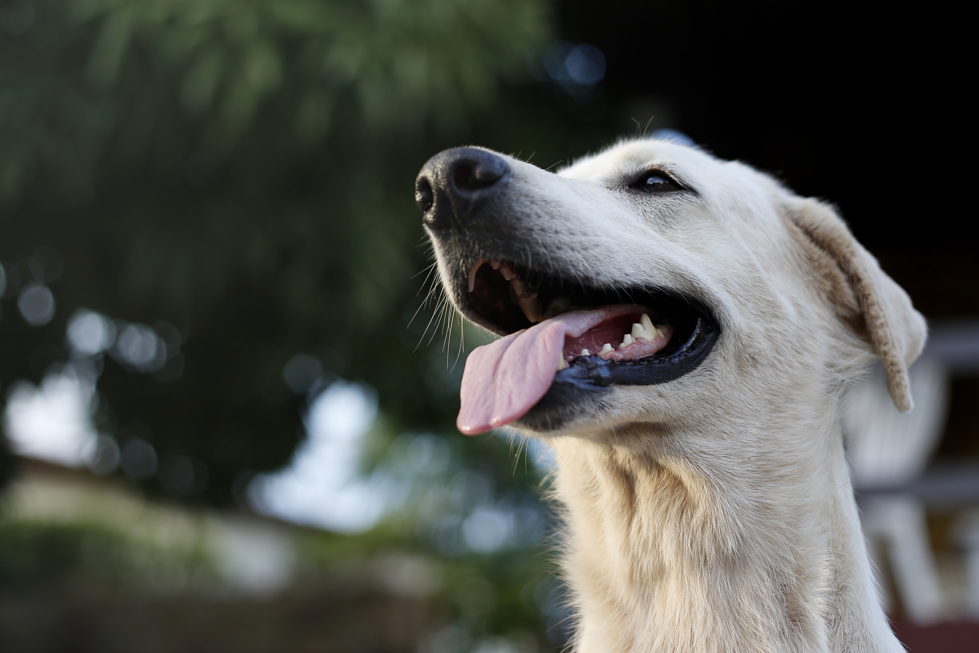Pet Dental Care: A Guide for Madison, Alabama Pet Owners
Dental health is often overlooked when it comes to pet care, but it’s a crucial aspect of their overall well-being. Just like humans, pets can suffer from dental problems such as tartar buildup, periodontal disease, and tooth decay. These issues can lead to significant discomfort, pain, and even systemic health problems.
Signs of Dental Disease in Pets
- Bad breath: A foul odor coming from your pet’s mouth is often a sign of dental problems.
- Difficulty eating: If your pet is struggling to eat or avoiding their food, it could be due to pain or discomfort caused by dental issues.
- Excessive drooling: Excessive drooling can be a symptom of dental problems, especially if it’s accompanied by other signs.
- Pawing at the mouth: If your pet is frequently pawing at their face, it could indicate that they’re experiencing discomfort or pain in their mouth.
- Red, swollen gums: Healthy gums should be pink and firm. If your pet’s gums are red, swollen, or bleeding, it’s a sign of dental problems.
The Importance of Regular Checkups
Regular veterinary checkups are essential for identifying and preventing dental issues in pets. During these exams, your veterinarian will examine your pet’s teeth and gums for signs of disease. Early detection and treatment can help prevent more serious problems and reduce the need for invasive procedures.
At-Home Pet Dental Tips
Daily Brushing Techniques
- Choose the right toothpaste and toothbrush: Use a pet-specific toothpaste that is formulated to be safe for swallowing. Avoid human toothpaste, as it can contain ingredients that are harmful to pets. A soft-bristled toothbrush designed for pets is also recommended.
- Start early: Begin brushing your pet’s teeth when they are young to help them get used to the process.
- Be patient and gentle: Approach brushing as a positive experience. Use a reward system to encourage your pet’s cooperation.
- Start with the outside of the teeth: Begin by gently lifting your pet’s lip and brushing the outside surfaces of the teeth. Gradually work your way to the inside surfaces.
- Brush all surfaces: Make sure to brush all surfaces of your pet’s teeth, including the chewing surfaces and the back of the teeth.
- Don’t forget the tongue: You can also gently brush your pet’s tongue to help remove bacteria.
Healthy Chews and Treats
In addition to brushing, incorporating healthy chews and treats into your pet’s diet can help maintain their oral health. Look for chews and treats that are specifically designed for dental cleaning. These products often contain enzymes or abrasive materials that can help remove plaque and tartar.
What to Expect During a Professional Pet Teeth Cleaning
- Anesthesia: Professional dental cleanings typically require anesthesia to ensure thorough and safe cleaning. Your veterinarian will assess your pet’s overall health and determine if anesthesia is necessary.
- Scaling and polishing: During the cleaning, your veterinarian will use special tools to remove tartar and plaque from your pet’s teeth. The teeth will then be polished to smooth the surfaces and prevent bacteria from adhering.
- Extractions: If there are severely damaged or infected teeth, your veterinarian may recommend extraction.
- Post-operative care: After the procedure, your pet will need to be monitored closely to ensure they recover safely. Your veterinarian will provide you with specific instructions for post-operative care.
Frequency of Professional Cleanings
The frequency of professional dental cleanings will vary depending on your pet’s breed, age, and overall health. Some pets may require more frequent cleanings due to genetic predisposition or underlying health conditions. Your veterinarian can recommend a suitable cleaning schedule for your pet.
Prioritizing Pet Dental Care in Madison, Alabama
At Heritage Animal Clinic, we understand the importance of pet dental health. By taking proactive steps to maintain your pet’s oral health, you can help them enjoy a longer, happier, and more comfortable life. Remember, preventing dental problems is much easier than treating them. Regular dental checkups, at-home care, and professional cleanings are essential components of a comprehensive dental care routine.
If you’re a pet owner in Madison, Alabama, and you’re concerned about your pet oral health, don’t hesitate to contact Heritage Animal Clinic. Our experienced veterinarians are dedicated to providing top-quality dental care for pets of all ages and breeds.







